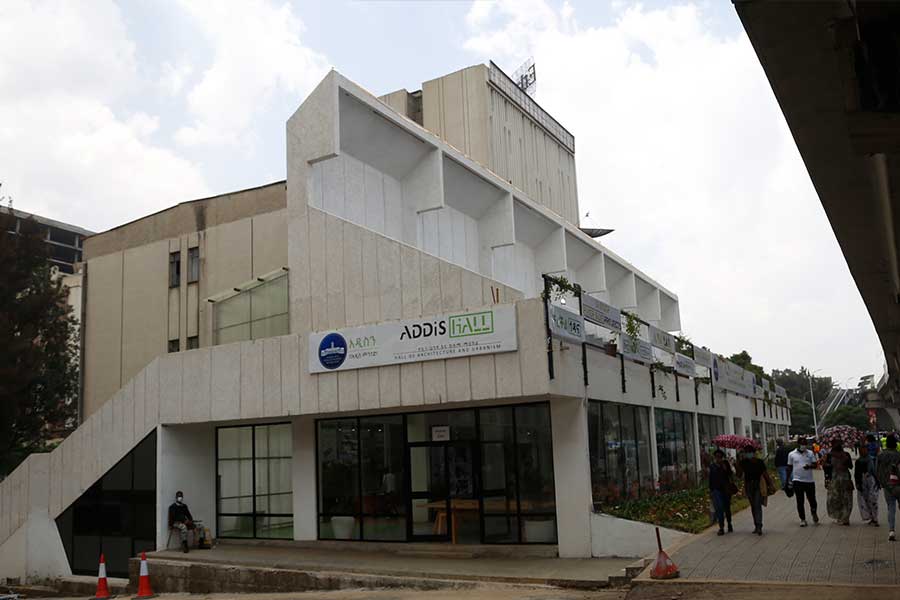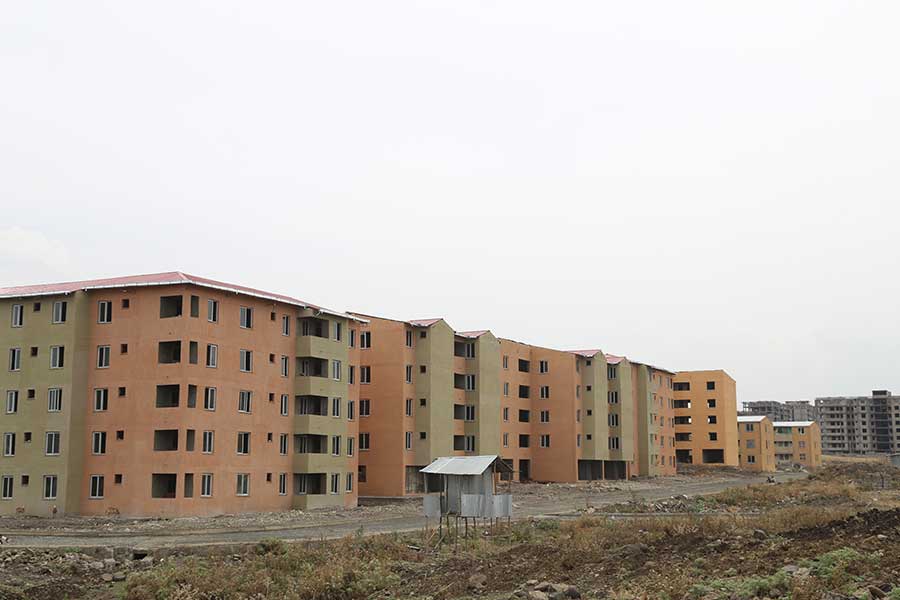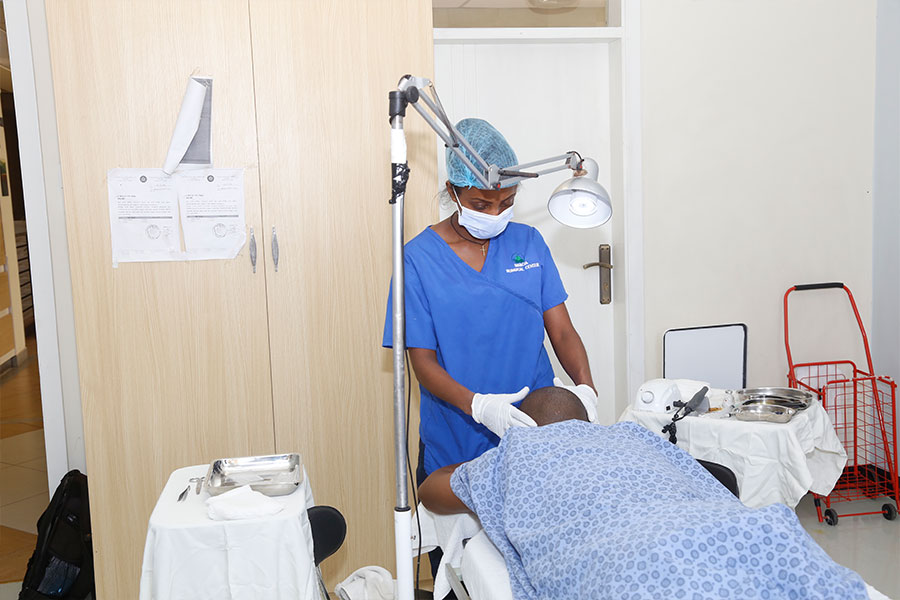
In an ambitious attempt to grip the galloping inflation rates sweeping across commodity goods, the Addis Abeba City Administration is establishing a three billion Birr trading enterprise for the first time.
The two billion Birr paid-up capital was appropriated from the 144 billion Br budget of Addis Abeba for the year, according to officials who believe it will provide household commodities to middle and low-income residents by sourcing directly from plants and farmer cooperatives.
Mayor Adanech Abiebe is set to appoint a board to head the Enterprise following a regulation put forth by the Addis Abeba Trade Bureau two months ago that was approved by the City Cabinet.
Meles Tegenu, legal affairs head at the Bureau, indicated the current endeavour referenced experiences of the Ethiopian Trading Corporation and the Ethiopian Industrial Inputs Developments Enterprise (EIIDE) in bringing price stability.
"It is our duty to contain inflation," he told Fortune.
While board approval is pending, head of Trade Bureau Biniam Mikru told Fortune the enterprise will hold a profit margin to maintain consistent supply while the finance and trade bureaus will supervise all its activities.
"We are designing the structure," he told Fortune.
The Enterprise will mobilise funds by selling bonds and obtaining loans through the City Cabinet to find means of sourcing finance autonomously.
For Atlaw Alemu (Prof), an economist and researcher at Addis Abeba University, it is a matter of cart before the horse as a more 'practical' set is necessary for battling inflation instead of forming a trading enterprise.
He recommends tight fiscal and monetary policies to reduce the price surge across consumer goods.
"They are missing the priorities of inflation management," the economist told Fortune.
The National Bank of Ethiopia launched an inflation-targeting monetary policy in August that capped credit growth and direct advances to the central government. However, the price of household items has only seen an upward trajectory.
Consumer associations supply sugar, edible oil, eggs and the occasional chicken during holidays. The intermittent supply has remained a source of frustration for consumers.
Management at the Addis Abeba Consumer Association believes the budding Enterprise will provide an alternative source once it becomes fully operational.
Gebretenasi Kassu, manager of the Berhan Consumers Association located in Kolfe Qeranyo District acknowledges the inconsistency of sugar supply which saw a decline from 869qtl to 240qtl in the past year. He recalls Wereda eight, which has 40,000 residents, is currently piloting a digital system to address the inconsistency of supply.
Meanwhile, he is looking forward to the Enterprise to complement their services.
The Head of the 4,000-member Association revealed that they source their goods from unions and maintain a profit margin to cover operating costs. They profit 100 Br from every quintal of Teff and two Birr from each kilogram of sugar.
"We pay salaries with the profit," said Gebretensai.
Residents on the lower economic curve weigh in.
"Anything that will get prices down," said Alemnesh Mohammed. The widow and breadwinner for a family of four barely uses edible oil and sugar in her diet while she struggles to spread the 3,000 Br on commodities from the consumer association near her.
She longs to get subsidised prices on other commodities as well.
The price of Teff had witnessed a surge of at least 25pc after the outburst of conflict in the Amhara Regional State which produces up to 40pc of the national supply. Consequently, Alemnesh had to settle for daily loaves of bread and pieces of Injera depending on her income through washing clothes and cleaning homes.
"Each day is a struggle," she told Fortune.
PUBLISHED ON
Oct 28,2023 [ VOL
24 , NO
1226]

Radar | Nov 27,2018

Fortune News | Jul 13,2020

Fortune News | Dec 05,2018

Life Matters | Sep 04,2021

Fortune News | Sep 06,2020

Radar | Oct 23,2018

Fortune News | Aug 28,2021

Featured | Jan 03,2021

Radar | Jun 12,2023

Fortune News | Oct 09,2021

Dec 22 , 2024 . By TIZITA SHEWAFERAW
Charged with transforming colossal state-owned enterprises into modern and competitiv...

Aug 18 , 2024 . By AKSAH ITALO
Although predictable Yonas Zerihun's job in the ride-hailing service is not immune to...

Jul 28 , 2024 . By TIZITA SHEWAFERAW
Unhabitual, perhaps too many, Samuel Gebreyohannes, 38, used to occasionally enjoy a couple of beers at breakfast. However, he recently swit...

Jul 13 , 2024 . By AKSAH ITALO
Investors who rely on tractors, trucks, and field vehicles for commuting, transporting commodities, and f...

Jun 28 , 2025
Meseret Damtie, the assertive auditor general, has never been shy about naming names...

Jun 21 , 2025
A well-worn adage says, “Budget is not destiny, but it is direction.” Examining t...

Jun 14 , 2025
Yet again, the Horn of Africa is bracing for trouble. A region already frayed by wars...

Jun 7 , 2025
Few promises shine brighter in Addis Abeba than the pledge of a roof for every family...